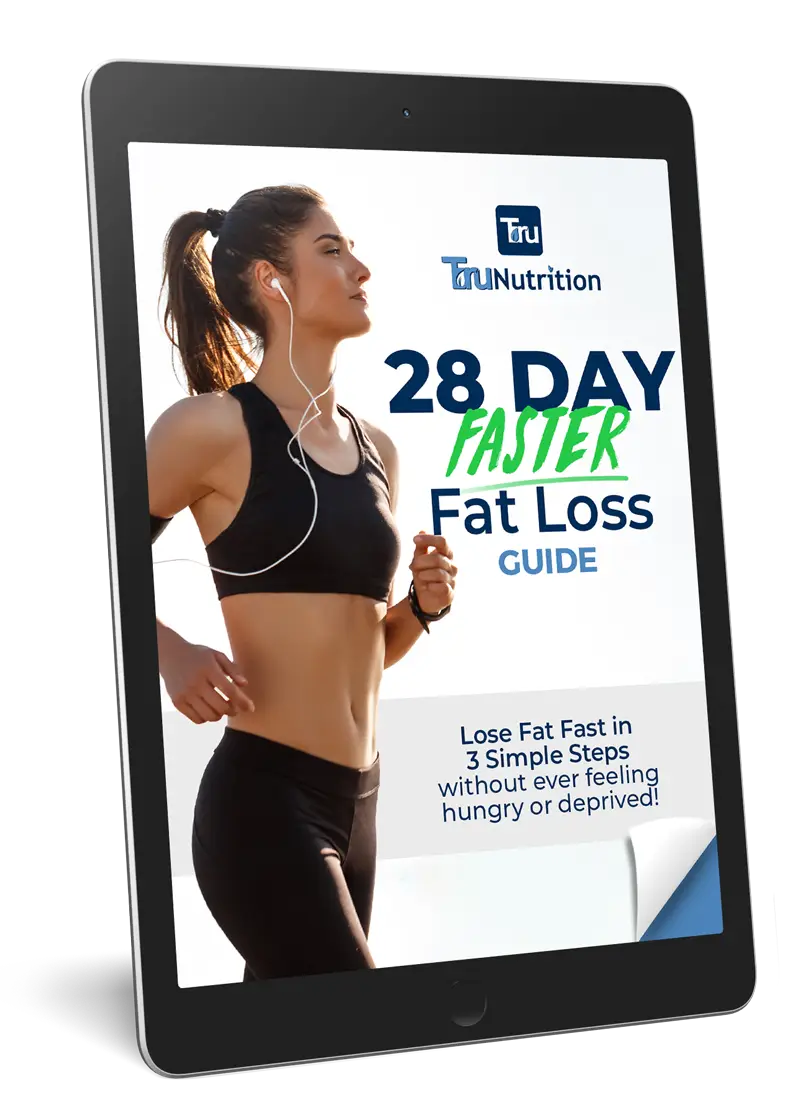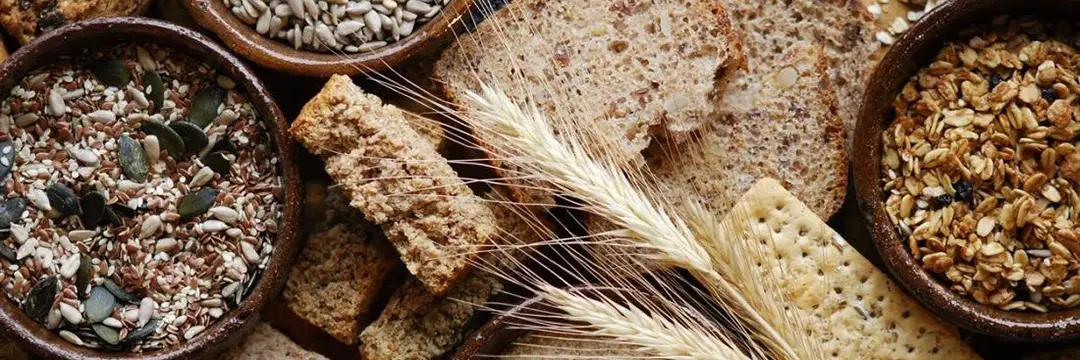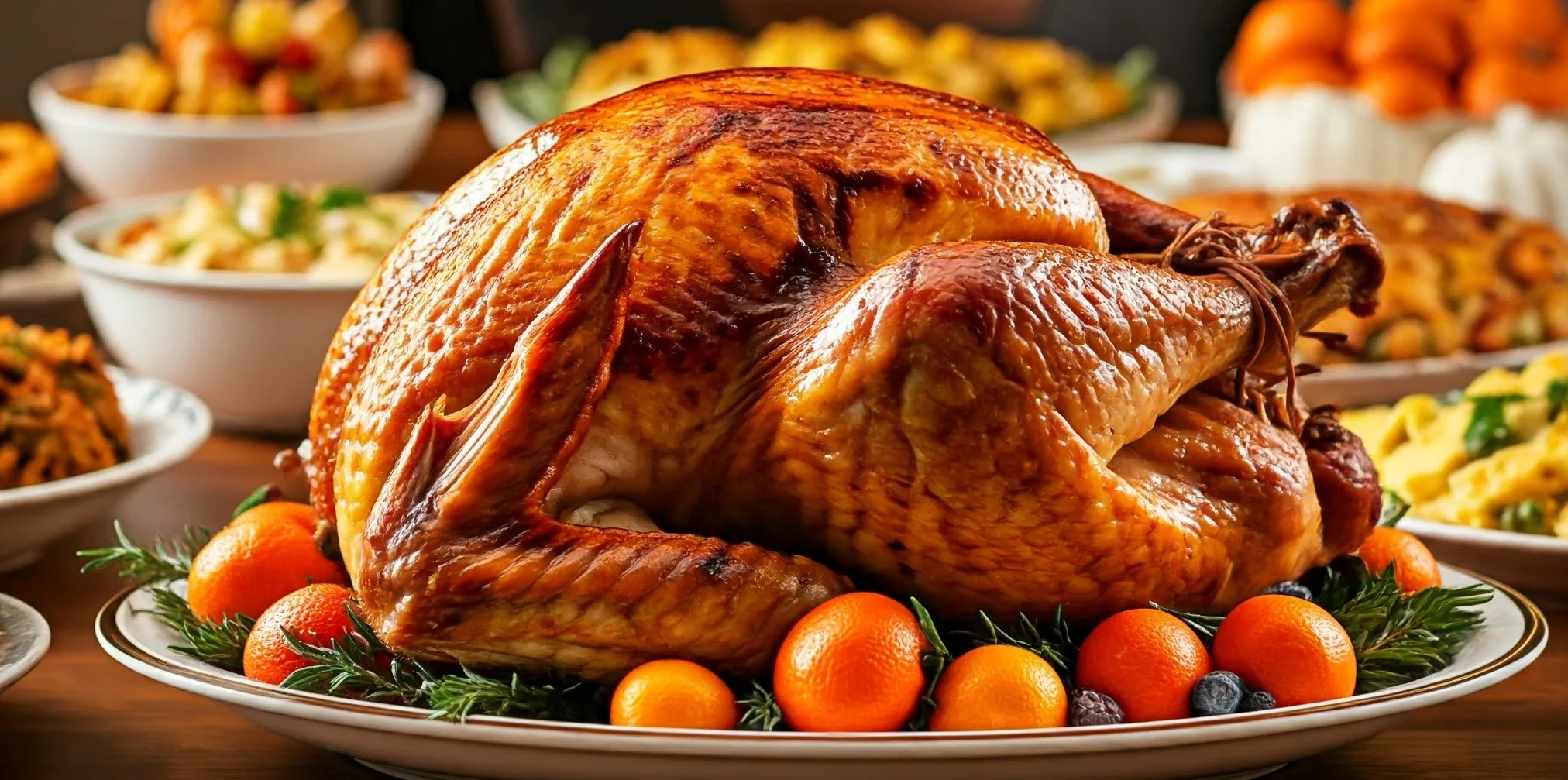
This FREE GUIDE provides a step-by-step, easy-to-use process for fat loss! 🔥🔥
*individual results may vary
Learn how to BURN FAT
without giving up carbs and alcohol!
Get your FREE guide - instantly!

Grains
Whole grains, refined grains.
Lately there has been a lot of media coverage about them.
So what is a whole grain?
What is a refined grain?
And which one is better for us.
I’ll start with a question, Can you name 4 whole grains?
Here is a hint, BREAD with WHEAT FLOUR or OAT BRAN, GRANOLA BARS are NOT whole grains.
![]()

![]()
If you had trouble naming 4 whole grains don’t worry your not alone.
Most people I’ve asked that question to have trouble naming more then 3, the media has everyone so confused it’s difficult to figure out.
Whole grains provide a large variety of nutrients and other benefits that include:
– Vitamins
-Minerals
-Fiber
-Pre-biotics
Refined grains:
Have their germ and bran stripped away which means most of their nutrients are stripped away also. Manufacturers that use refined grains in their products have to add back any lost nutrients by ENRICHMENT or FORTIFICATION. These processed food such as breads, pastas, crackers, flour, cereals and snacks are much less nutritious then there whole grain counter parts.
So what is considered a whole grain?
Here are 10 whole grains to help you get started.
1) Oats (i.e. Steel cut oats)
2) Whole Wheat
3)Quinoa
4) Amaranth
5) Millet
6) Corn
7) Barley
8) Brown Rice
9) Wild Rice
10) Buckwheat
Research has shown that people who eat Whole grains have a REDUCED risk of caner, heart disease and diabetes.
While consuming refined grains were linked to a HIGHER risk of these disease.
Big food company’s and other controversial groups will tell you to avoid whole grains, that they are not healthy for humans.
People have been eating whole grains for hundreds of years.
Yes, some people do have an intolerance to whole grains, in certain cases like that they should be avoided.
However
If you don’t have an intolerance to whole grains then there is no reason to avoid them.
Many people don’t even know they’re intolerant.
There are a few different ways to find out, first is getting a blood test to determine if you have any sensitivities. Second, you can eliminate foods from your diet and see how you feel after not eating them, then slowly reintroduce those foods back into your diet. If after those foods are reintroduced and they make you feel bloated, fatigued or overall not good then there may be an issue.
If you can tolerate whole grains then enjoy the wide variety’s that are available. Don’t be fooled by manufactures and their claims about refined grains being good for you because there not, stick to whole grains and take advantage of all the goodness they offer.
Are you struggling with nutrition? Overwhelmed with what to eat or how to meal prep? Do you simply need more accountability? Fill out the form below and one of our PN Certified Nutrition Coaches will be in touch with you right away!

As the last vestiges of winter melt away and the world bursts into a vibrant tapestry of green, there’s a palpable sense of renewal in the air. Spring isn’t just a season of blooming flowers and chirping birds; it’s a powerful metaphor for our own potential for growth...

The dawn of a new year often brings with it a surge of motivation and a desire for self-improvement. Many individuals capitalize on this renewed energy by setting ambitious goals, often in the form of New Year's resolutions. While both resolutions and goals share the...

The holiday season is a time of joy, cheer, and, unfortunately, overindulgence. With festive feasts, sugary treats, and countless social gatherings, it can be challenging to maintain a healthy balance. However, it’s essential to remember that a few weeks of overeating...
Notifications